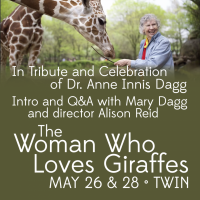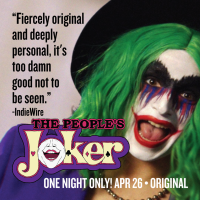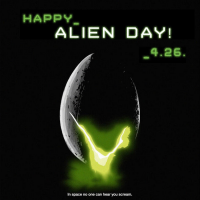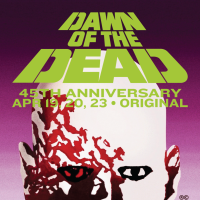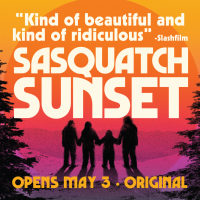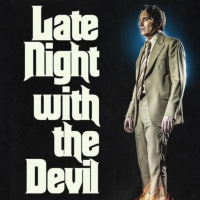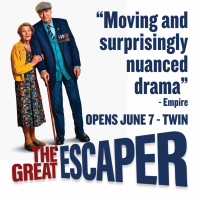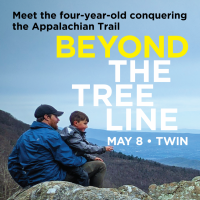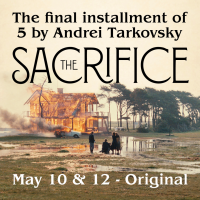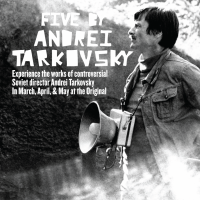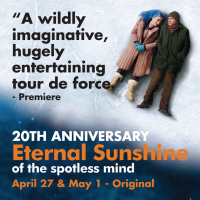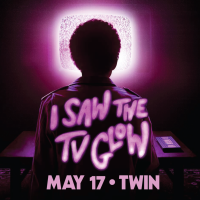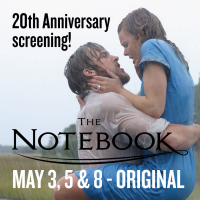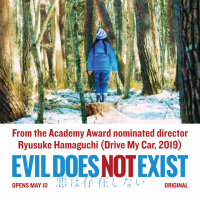“They say everyone dies twice: once when they take their last breath, and again when their name is spoken aloud for the last time. The heartfelt and unshakable new documentary Obit, a profile of the Obituaries section at the New York Times, considers the people who have devoted their professions to extending the period between those two deaths.
“It is abundantly clear that Obit was made by someone who, to paraphrase featured obituarist Bruce Weber, has encountered death before and knows how to approach the subject with compassion. This caring eye is the movie's secret strength, the thing that elevates it from a morbid exercise in nostalgia to a touching inquiry on the nature of public legacy amid the ceaseless march of time.
“Gould follows a day in the lives of the Times Obits desk, a team of around a half-dozen writers, editors, and researchers who go to work every morning and ask, "Who died?" Then it's a mad scramble to get a meaningful 800-word summary of the winner's life into the paper before deadline. The day unfolds as a series of ordained tasks: first, consoling the grieving next-of-kin over the phone, while extracting from them the most basic, unpleasant facts of the moment (time and cause of death, past marriages, medical history). Then it's off to the "morgue," the name for the Times archival room housing decades' worth of clippings on thousands of people, shelved among endless rows of filing cabinets. Formerly staffed by a team of researchers, the "morgue" today is run by just one person, Jeff Roth. Gould's camera follows him in tie and rolled-up sleeves as he moves across the aisles and skims his fingers along yellowed pages, marveling at his kingdom of the past.
“Gould and her editor Kristin Bye accentuate the prose in question with crisply edited video of the obituary subjects' lives, both on their own terms and, in poetic bookending montages, weaved into the larger narrative of the past century of human history.
When discussions turn to moments of obit history, like the time the team had only a couple hours to react to the death of Michael Jackson before going to press, the film cannot help but serve as its own advance obituary for the age of newsprint.” - NPR



